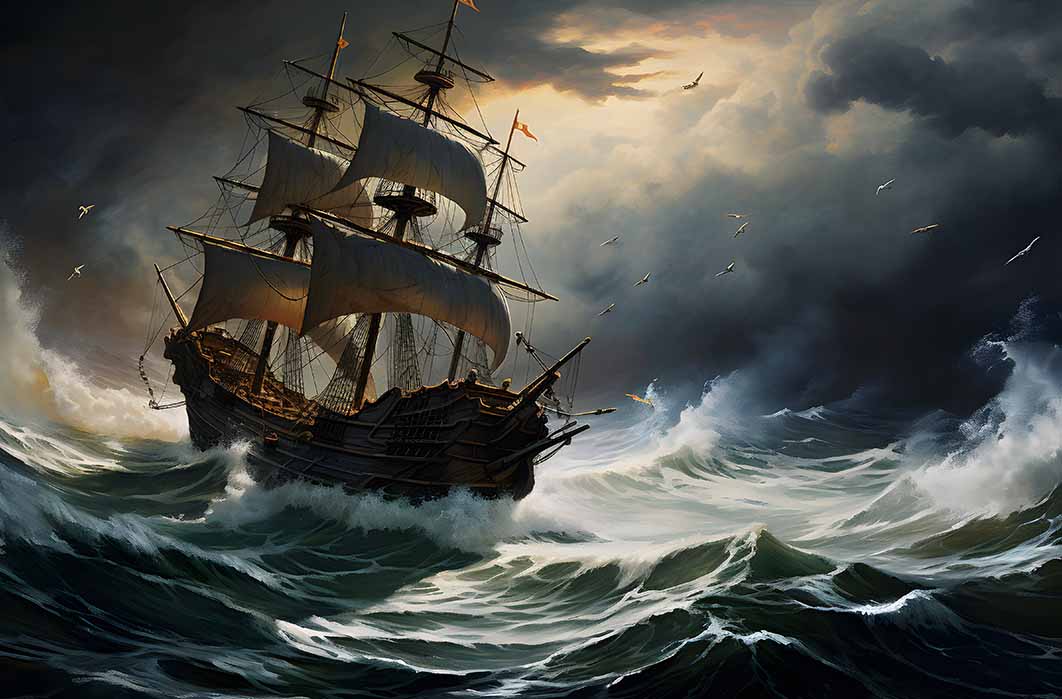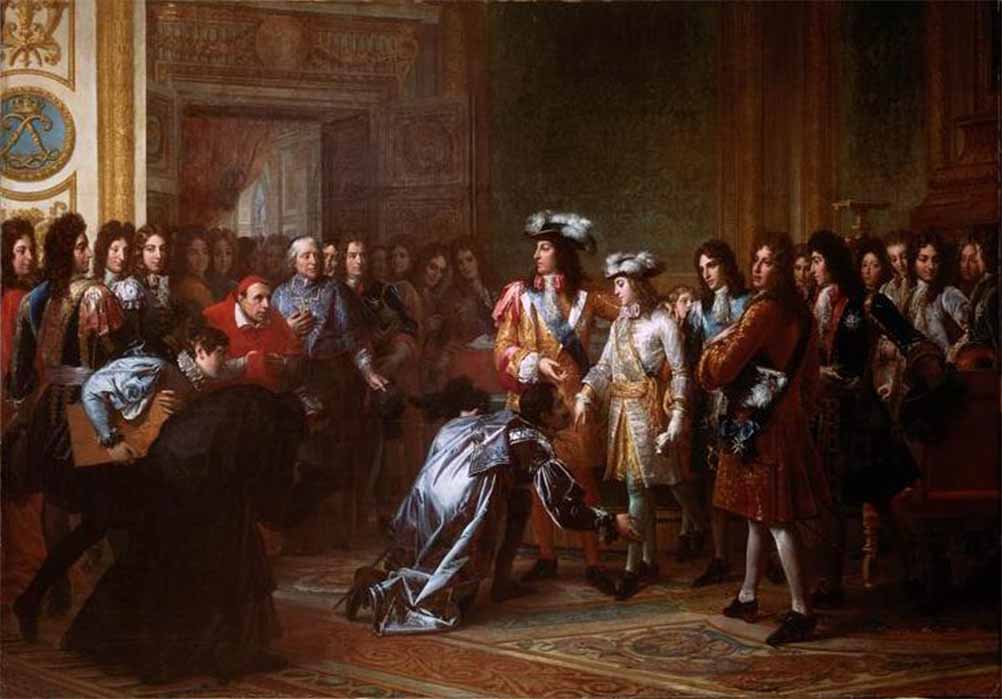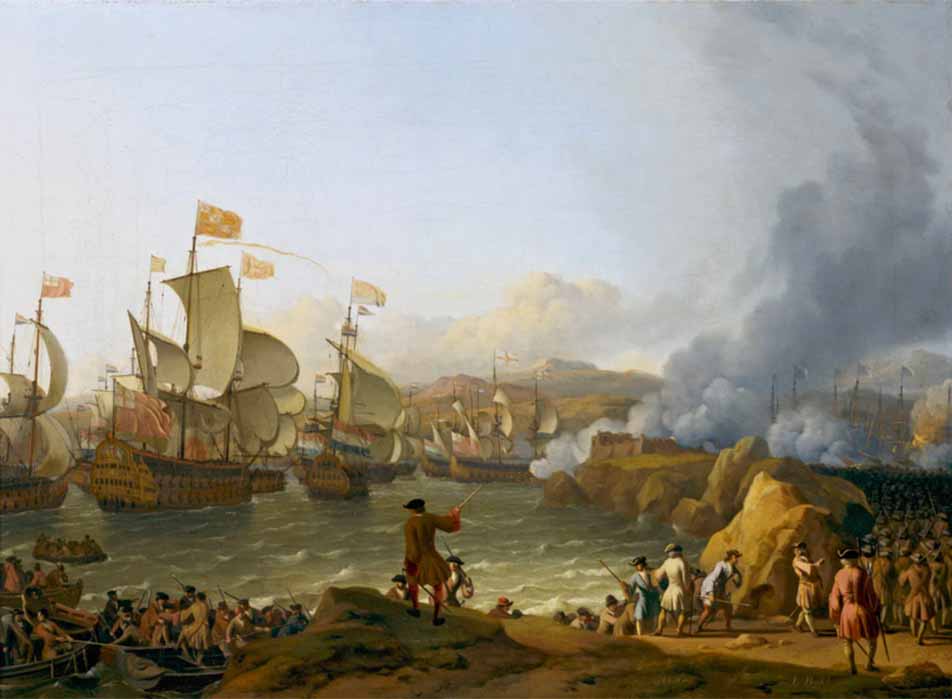
The Curse Of The 1715-Spanish Plate Fleet: Run Aground On The Coast Of Treasure
On July 24, 1715, a convoy of 11 Spanish ships and one French merchantman set sail from Havana, Cuba to Spain. It was called a “Plate Fleet” because their cargo consisted of valuable treasure looted from the so-called “New World”. Plata is the Spanish name for silver coins that made up much of the wealth stored in their holds. Thus, it was a Plata, or “Plate” fleet. Generally, two such fleets sailed every year. The Flota de Tierra Firme traveled from Spain to Cartagena and Panama, carrying various trade goods and necessities. The Flota de Nueva España went to Veracruz. For safety, the two fleets often stayed together until they reached the Caribbean.
It was on the return voyage that problems usually developed. The ships were by then loaded with gold and silver, jewelry, tobacco, spices, and indigo, and were a rich prize for marauding pirates and privateers. By the time they sailed east, the crews were tired and usually sick from tropical diseases, malnutrition, and horrible hygienic conditions on board. All this made them vulnerable to attack. If all this was not bad enough, however, there was another unstable element in the equation. The return trip was apt to run into the hurricane season. Traveling west during the summer, the Atlantic was usually calm, with gently prevailing winds, but in the fall, as anyone knows who lives anywhere near the southeast coast of the United States, tropical storm season can be a tough time beginning in late August. Especially in the days before accurate weather reports, hurricanes could blow up suddenly, without advance warning. The results were often devastating.

Proclamation of Philippe of Anjou as Philippe V of Spain, Versailles, 16 November 1700 by François Pascal Simon Gérard (Public Domain)
War of the Spanish Succession
By 1715, the pattern was well-known to seafaring voyagers. Yet when the fleet sailed, it was only days before the hurricane season was set to begin, and all the captains knew it. That year, the fleet, for a number of reasons, had been delayed by two years in the Caribbean, so their official excuse was that they were attempting to escape marauding pirates and privateers anxious to steal their valuable cargo, but there was also an unspoken and unwritten reason.
Between the years 1688 and 1715, Louis XIV of France had adopted a policy of rapid expansion. Europe was thus ravaged by two expensive wars. Because wars were often fought at sea, they naturally disrupted trade between the Americas and various nations of Europe, one of them being Spain.
The War of the Grand Alliance, ended in 1697 with the Treaty of Ryswick. But another soon began in 1701. This second war, the War of Spanish Succession, came about because of infighting over who was to rule Spain. King Carlos II had died without producing an heir. On his deathbed, he named Philippe, the grandson of Louis XIV of France, as his successor. This created a political problem. Leopold I, the Holy Roman Emperor, wanted his son, Archduke Charles, to wear the crown, and sought to prevent an alliance between France and Spain.

Battle of Vigo Bay 1702, by Ludolf Bakhuizen (Public Domain)
War soon broke out. England and Holland were on one side. Spain, France, Portugal, Bavaria, and Savoy were allied on the other. To finance these wars, Spain was extremely dependent on wealth from its colonies in the New World. Many of the battles were fought at sea, often by privateers who received Letters of Marque to attack and capture any vessels that might contain loot for the coffers of their sponsoring government. The oceans were no longer safe for commerce. Trade between Spain and the Americas was virtually suspended. Spain suffered major defeats by the English navy.





